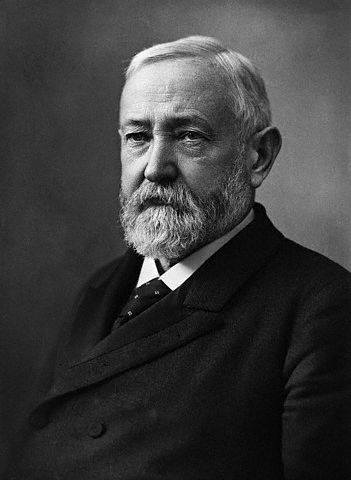7/4/1892 – In the first game of a holiday double header in Chicago, the Giants catcher, Jack Boyle has hurt by a foul tip in the first inning and had to leave the game. The starting shortstop, Jack Doyle, who was batting in the number five spot took over as catcher while Abram Hardy Richardson went to short and hit in Boyle’s number seven slot. In the second game, Richardson and Doyle reversed with the former hitting fifth and the latter seventh. Apparently, they did not pick up on the switch because Doyle came up in the first with two outs and flied out. Richardson was called out since he was the proper batter. We do not know how it was pointed out the Doyle was out of order. The Colts had no reason to do it since Doyle had made an out. The umpire, Tom Lynch who had more than four years of experience might should not have acted on his own, but perhaps he did. According to the Chicago Tribune, Doyle batted first in the next inning. However, the proper batter to lead off once Richardson is ruled out is the number six hitter, Denny Lyons.


